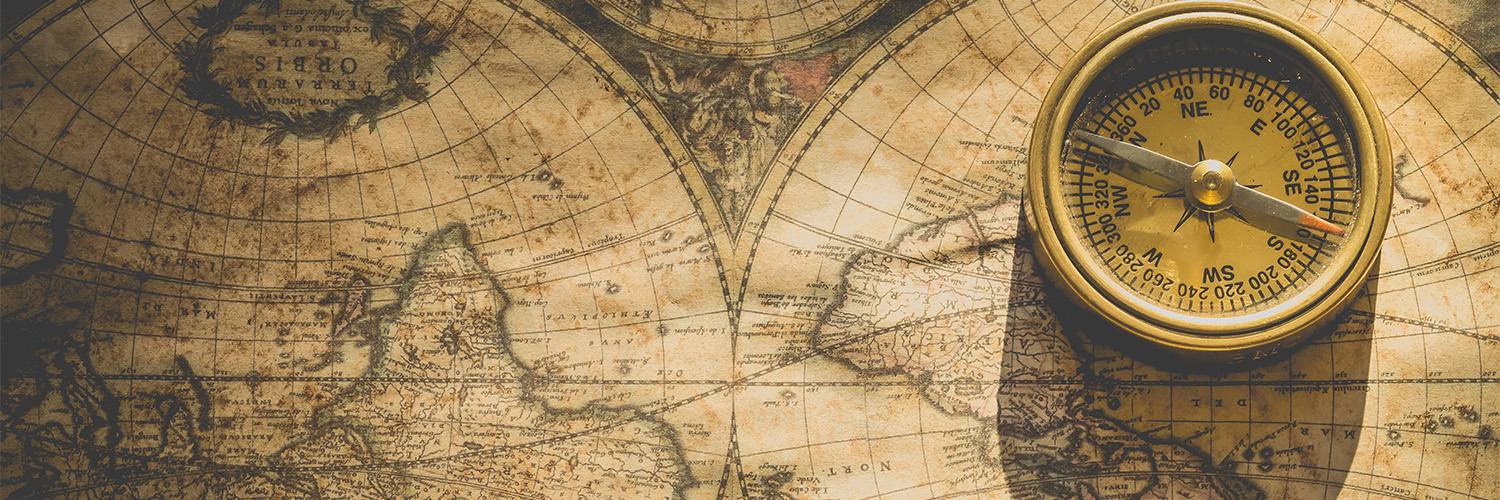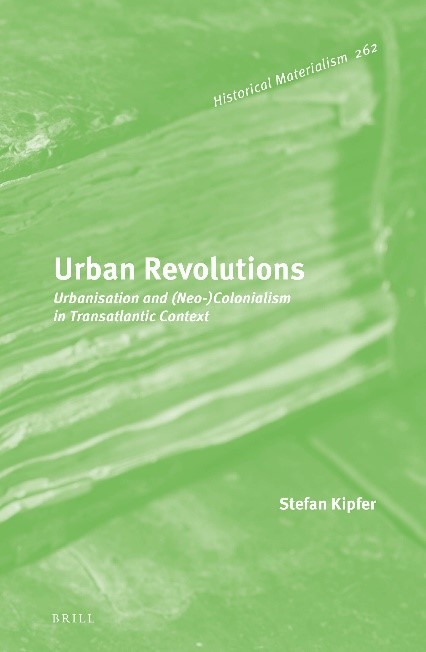
The Faculty of Environmental and Urban Change celebrated the launch of Professor Stefan Kipfer’s new book, Urban Revolutions: Urbanisation and (Neo-)Colonialism in Transatlantic Context (Brill, 2023).

On Jan. 24, Kipfer was joined by Kanishka Goonewardena, professor of geography and planning at the University of Toronto, and York politics Professor Laam Hae for a discussion about the the book.
Prior to the event, Kipfer met with York graduate student researcher Danielle Legault to answer questions about this project.
Q: Can you explain how this book fits into the longer trajectory of your academic work?
A: Since the 1990s, I have researched urban politics in relation to a number of currents in social and political theory. In this spirit, I co-edited two volumes intended to shape the cutting-edge of theoretically informed urban and geographical research, a volume on the work of Henri Lefebvre in 2008 and a book on the work of Antonio Gramsci in 2013.
Urban Revolutions connects two theoretical currents, Marxism and anti-colonialism, to shed light on the colonial and neo-colonial aspects of urban life in our capitalist world. It does so in part by drawing upon collaborative research I did with Goonewardena on urbanization, imperialism and multiculturalism in the 2000s and early 2010s. Like this and my other previous work, the book develops theoretical dialogues on the terrain of urban research. I hope to show that urban research can be very good at bringing big theoretical questions to the realities of everyday life, and vice versa.
Q: What drew you to the particular examples that you use in the book?

A: The theoretical engagements in the book are anchored by geographical topics set in particular places: shantytown politics in Martinique, Indigenous mobilizations against pipelines on this part of Turtle Island, also called Canada, and strategies to redevelop public housing estates in Paris, France. These topics reflect the fact that my empirical research and my intellectual engagements have moved back and forth between English Canada (Toronto) and the Francophone world (mainland France and beyond) over the last two decades.
More substantially, the choice of topics is meant to highlight key urban processes that are also hotly debated in the literature: the informalization of urban life, particularly in the global South, but not only; the expansion of infrastructural networks, which are both elements and conditions of urbanization; and gentrification, which highlights a more general trend, the ever more intense commodification of urban space. The title of the book riffs off a book Henri Lefebvre published in 1970 to say that these processes speak to the deep urban transformations of our world, which also create conditions for projects of radical change.
Q: What kinds of impact do you think your book might have, outside of its impact on academic debates?
A: Several chapters in the book benefited greatly from my engagements with non-academic political debates and social movements. For example, one chapter focuses on the racialized and neo-colonial dimension of public housing redevelopment in the Paris region, while also drawing on an article I published in the early 2010s about the anti-racist party Parti des Indigènes de la République (PIR). A French-language version of this book published in 2019, entitled Le Temps et l’Espace de la [Dé]colonisation, was commissioned because some of my research on France had already been circulated and discussed in non-academic circles in France, including the PIR.
My hope is not only to bring the book to the non-academic world, but that academics keep developing their research in and through their relationships with fellow citizens and inhabitants beyond the academy. For these purposes, I do hope that the book offers useful resources for others committed to connecting the two big modern revolutionary traditions, socialism and anti-colonialism, to both understand and change our increasingly urbanized world.
